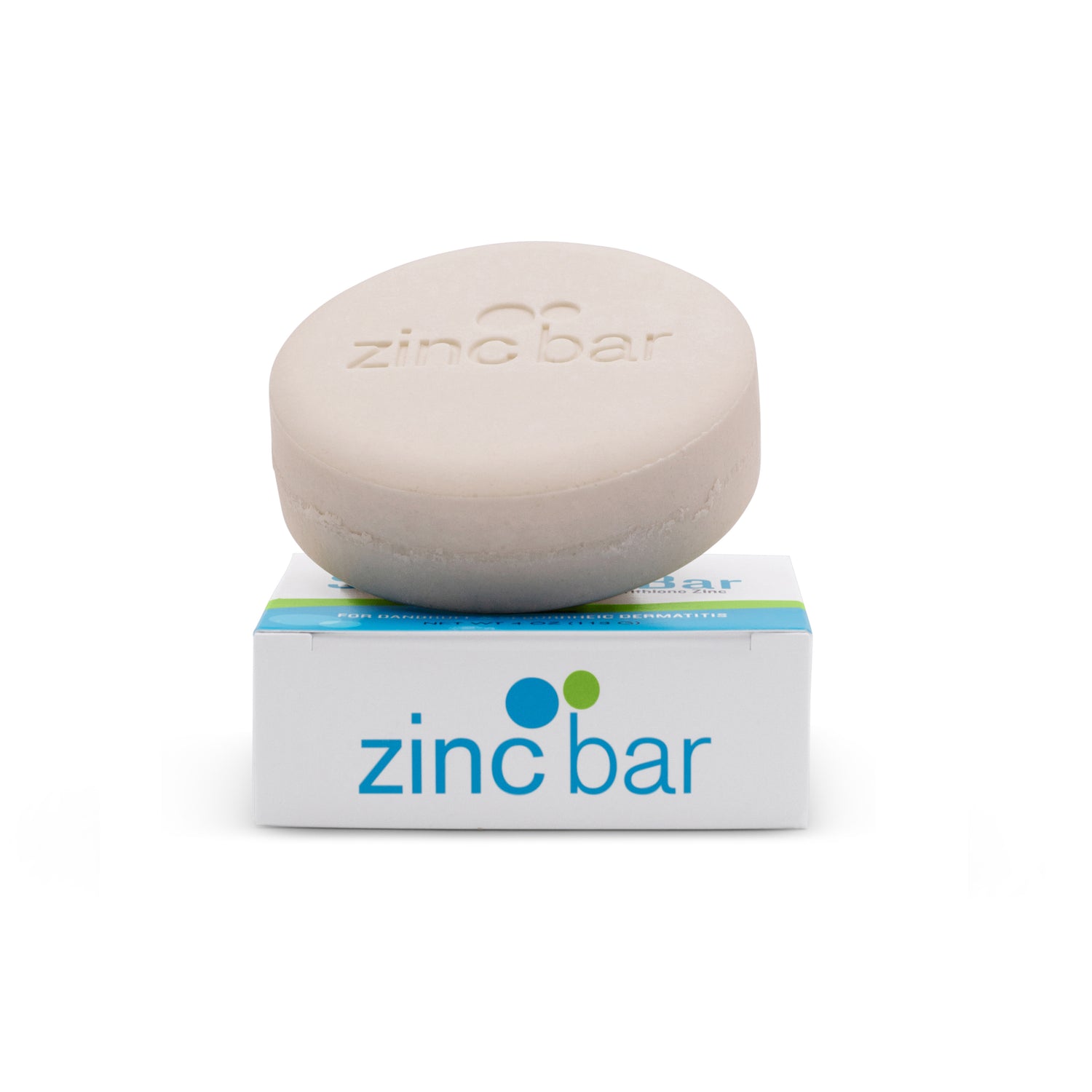Overview of Adult Acne
If the word acne is something you associate with distant memories of your teenage years, consider yourself lucky. In the United States, cases of adult acne are on the rise and researchers are at a loss to determine the exact cause of the increase. Acne vulgaris is characterized by outbreaks of tender, red, pus-filled bumps over the face, neck, back or chest. It's not only the painful bumps that cause a host of problems for sufferers. Oftentimes people with acne suffer from embarrassment and shame due to the condition, and may avoid social situations or even work if the outbreak is severe. The psychological impact of adult acne is often quite serious, and some individuals also suffer from depression as a result of the condition.
Why the sudden increase?
There are a number of theories as to what causes acne. Acne can be caused by a change in hormone levels, and while it is most often associated with puberty, acne can also arise during pregnancy or menopause. Some research indicates that stress may also be a leading cause of acne outbreaks, which may shed some light on the sudden increased incidence of the condition in American adults, many of whom lead a strenuous life. Additional research points toward evidence that diet may be the culprit behind adult acne. Although previous research theorized that there were no direct links between food and acne, current scientists are beginning to rethink that hypothesis. The typical American diet is frequently full of fast foods, sugars, caffeine and alcohol, all of which can lead to increased toxicity and inflammation in the body. When our bodies are overtaxed, our organs, especially the liver, cannot keep up with the increased toxic burden. The excess toxins are then filtered out for elimination by organs such as the lungs and skin, and an increase in toxins and bacteria are then deposited on the surface of the skin. This may cause an increase in the frequency or severity of skin conditions such as acne or psoriasis.
Treatment
Over the years many different treatments for acne have become available. Ranging from prescription drugs to dietary changes, these treatments also vary greatly in cost, side effects, and efficacy.
- Prescription drugs: There are a number of prescriptions available for treating acne, ranging from antibiotics to vitamin A derivatives known as retinoids. One commonly prescribed oral retinoid is Accutane, which reduces the body's amount of oil production. Though effective for treating some acne patients, side effects associated with this form of treatment can be quite severe and include birth defects, liver damage, dry skin, and nosebleeds. Patients taking this drug are often closely monitored by their doctors.
- Topical treatments: Topical treatments are another common way to combat adult acne. Topicals are available by prescription or purchased over-the-counter, and may contain a number of different antibacterial or exfoliating additives. Some topicals are used for treatment of skin eruptions to hasten the healing process, while others assist in sloughing off dead skin in an attempt to prevent the pores from becoming clogged.
- Extractions: Some acne patients have eruptions removed by dermatologists or aestheticians in a procedure known as an extraction. This procedure, although usually quick, can be painful and if necessary to repeat often can become costly. If performed incorrectly, extractions may also cause scarring.
- Phototherapy: Phototherapy utilizes special lights which emit UV rays directed onto the area affected by acne. Patients are then asked to treat the area with topical lotions as well. This method of treatment is effective for many patients, but is quite costly, and must be repeated to maintain results.
- Diet and lifestyle: Some acne sufferers have found relief by modifying their diet and lifestyle choices. Current research indicates that acne and other skin conditions may be caused by inflammation in the body as a result of an overabundance of built-up toxins.When an individual consumes foods that contain simple (refined) carbohydrates, sugar, alcohol, caffeine, chemicals and additives, toxins in the system may not be adequately processed by the liver. By examining the diet and eliminating foods that can overtax the system, acne sufferers may see improvement in their condition.

